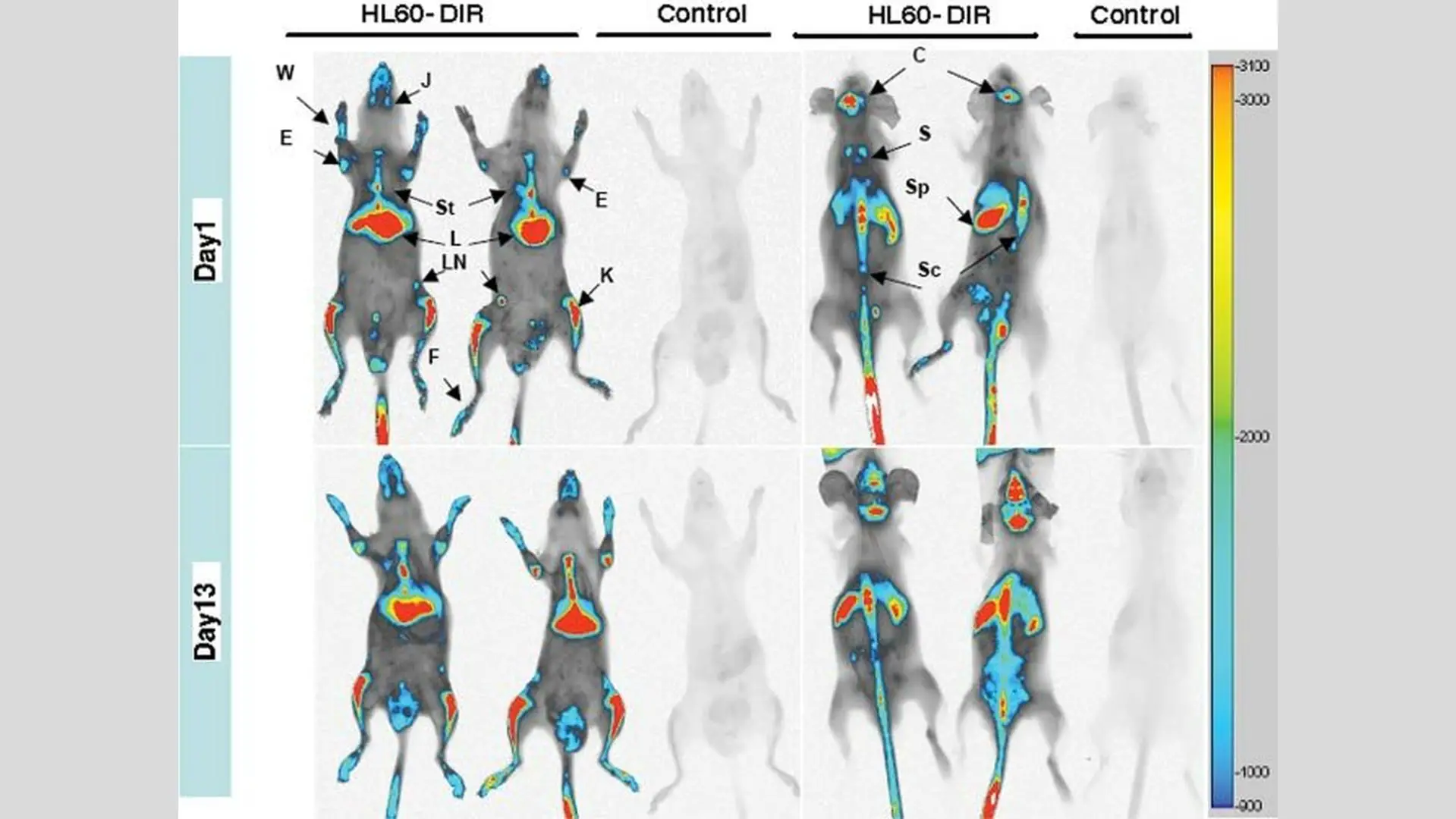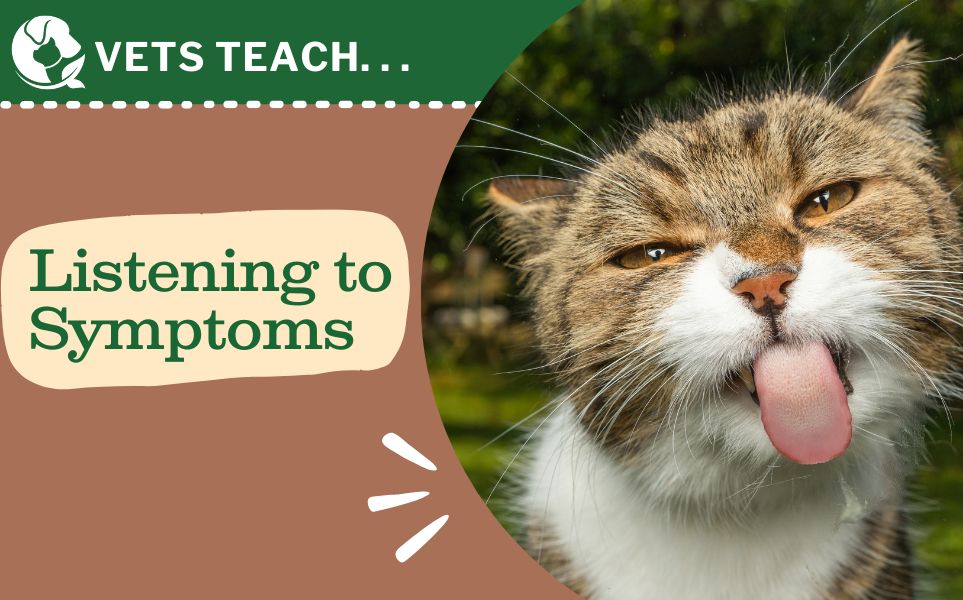- Joined
- Feb 23, 2017
- Messages
- 6,013
Hi @everyone-
Christine asked me another great question and here's my reply.
First, an excerpt of what she wrote:
Ah, the medicinal aggravation. One of my favorite subjects, YAY!!
The answer to your questions involves every aspect of homeopathy from physics and hormesis (the size of the dose effect) to symptoms, provings, poisonings, clinical management, etc.
As a homeopathy student @kingsgrlie, the best way to start answering your question is at the source.
Meaning the "Organon" by Dr. Samuel Hahnemann.
Here's his very clear definition of the aggravation from paragraphs 157 and 158:
157 Sixth Edition
§ 158
This is the elegant way he describes the inner and unseen (at that time) physiologic changes that start moments after taking a homeopathically-selected medicine.
As you know, the homeopathicity of the remedy is directly related to symptom similarity.
As Hahnemann writes, a less than perfect match (which is pretty common) will create its own kind of aggravation, as will any remedy given in too high of a dose.
The size of the dose determines the degree of the initial aggravation.
Using a very small Q-Tip dose eliminates many similar aggravations.
This reduces dis-similar aggravations, but they can still occur.
In addition, the medicinal aggravation is sometimes hard to differentiate from a progression of dis-ease.
Let's all discuss these important questions in this thread.
Christine asked me another great question and here's my reply.
First, an excerpt of what she wrote:
...lots of coughing fits - if these are aggravations as you mentioned in another email, should we not suppress them by, for example, give hydrocodone for cough?
Other homeopaths I spoke to told me aggravation is very rare.
Ah, the medicinal aggravation. One of my favorite subjects, YAY!!
The answer to your questions involves every aspect of homeopathy from physics and hormesis (the size of the dose effect) to symptoms, provings, poisonings, clinical management, etc.
As a homeopathy student @kingsgrlie, the best way to start answering your question is at the source.
Meaning the "Organon" by Dr. Samuel Hahnemann.
Here's his very clear definition of the aggravation from paragraphs 157 and 158:
157 Sixth Edition
But though it is certain that a homoeopathically selected remedy does, by reason of its appropriateness and the minuteness of the dose, gently remove and annihilate the acute disease analogous to it, without manifesting its other unhomoeopathic symptoms, that is to say, without the production of new, serious disturbances, yet it usually, immediately after ingestion - for the first hour, or for a few hours - causes a kind of slight aggravation when the dose has not been sufficiently small and (where the dose has been somewhat too large, however, for a considerable number of hours), which has so much resemblance to the original disease that it seems to the patient to be an aggravation of his own disease. But it is, in reality, nothing more than an extremely similar medicinal disease, somewhat exceeding in strength the original affection.
§ 158
This slight homoeopathic aggravation during the first hours - a very good prognostic that the acute disease will most probably yield to the first dose - is quite as it ought to be, as the medicinal disease must naturally be somewhat stronger than the malady to be cured if it is to overpower and extinguish the latter, just as a natural disease can remove and annihilate another one similar to it only when it is stronger than the latter.
This is the elegant way he describes the inner and unseen (at that time) physiologic changes that start moments after taking a homeopathically-selected medicine.
As you know, the homeopathicity of the remedy is directly related to symptom similarity.
As Hahnemann writes, a less than perfect match (which is pretty common) will create its own kind of aggravation, as will any remedy given in too high of a dose.
The size of the dose determines the degree of the initial aggravation.
Using a very small Q-Tip dose eliminates many similar aggravations.
This reduces dis-similar aggravations, but they can still occur.
In addition, the medicinal aggravation is sometimes hard to differentiate from a progression of dis-ease.
Let's all discuss these important questions in this thread.


